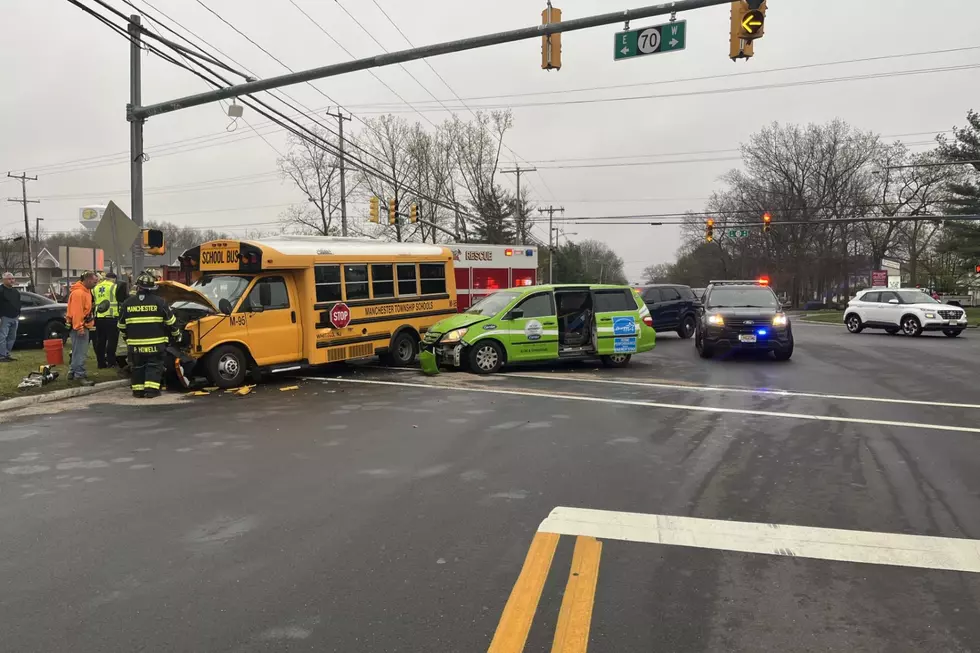
Israelis, Palestinians resume talks on Gaza deal
CAIRO (AP) -- Palestinian and Israeli negotiators in Cairo resumed indirect talks on Tuesday, trying to hammer out a roadmap for the war-torn Gaza Strip after Egypt announced a 24-hour extension of the cease-fire to allow more time for negotiations.
The extension of the truce fanned hopes of an emerging deal, however vague, though wide gaps remain on key issues, including Israel's blockade of Gaza, its demands for disarmament of the Islamic militant group Hamas and Palestinian demands for a Gaza sea port and an airport.
In an apparent attempt to pressure Hamas, Egypt said early Monday it would co-host an international fundraising conference for Gaza - but only if a deal is reached first.
That appears to play into the hands of the West Bank-based Palestinian Authority, which is seeking to regain a Gaza foothold, seven years after Hamas ousted it from power in the densely populated coastal strip.
A member of the Palestinian delegation said that Israel was offering to ease the Gaza blockade by opening border crossings to some goods and people, but was insisting that it retain the right to limit the imports of material like cement, and chemical and metal products, which Israel says can be used for weapons manufacturing.
The Palestinian official also told The Associated Press that Israel wants to put off for an unspecified, later date any discussion on the opening of a Gaza sea port and airport and the release of Palestinian prisoners held in Israeli jails. The official spoke on condition of anonymity because he was not authorized to discuss negotiations with the media.
The Gaza blockade, imposed after Hamas seized control of the territory in 2007, has greatly limited the movement of Palestinians in and out of the territory of 1.8 million people, restricted the flow of goods into Gaza and blocked virtually all exports.
Israel says the blockade is needed to prevent arms smuggling, but critics say the measures have amounted to collective punishment.
Jamal Shobaky, the Palestinian ambassador in Cairo voiced disappointment with the Israeli stance, particularly on the question of the blockade.
"What the Israelis have offered so far in the talks is not removing the blockade but rather easing it," Shobaky said.
Israeli government spokesman Mark Regev would not comment on the talks.
The latest Gaza round of fighting was precipitated by massive Israeli arrests of Hamas members in the West Bank, following the abduction and killing of three Israeli teenagers.
On Monday, Israel's Shin Bet security service said it had uncovered a coup plot due to information gleaned from the arrests. It described the plot as a Hamas coup attempt in the West Bank aimed at toppling Palestinian President Mahmoud Abbas.
The three Israeli teens were slain in June in the West Bank. Their killings were followed by the slaying of a Palestinian youth in Jerusalem in what was a likely revenge attack.
Since the war started with an Israeli air campaign on July 8, followed by the introduction of troops on the ground nine days later, many of the strip's structures have been destroyed and tens of thousands of people remain huddled in U.N. shelters.
Gaza Health Ministry official Ashraf al-Kidra said Monday the death toll from the fighting had jumped to over 2,000 Palestinians, the majority of them civilians, while U.N. officials, who often take more time to verify figures, put the number at 1,976. Israel lost 67 people, all but three of them soldiers.
(© 2014 The Associated Press. All rights reserved. This material may not be published, broadcast, rewritten or redistributed)
More From New Jersey 101.5 FM









